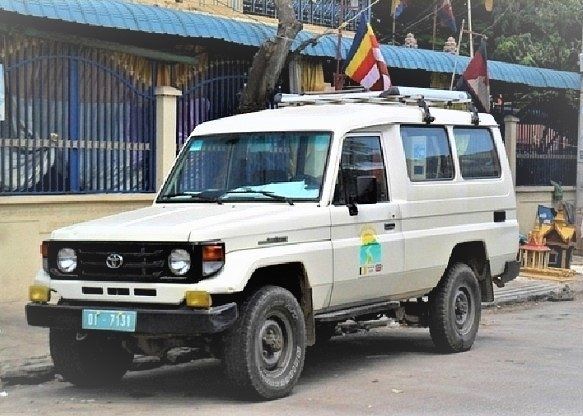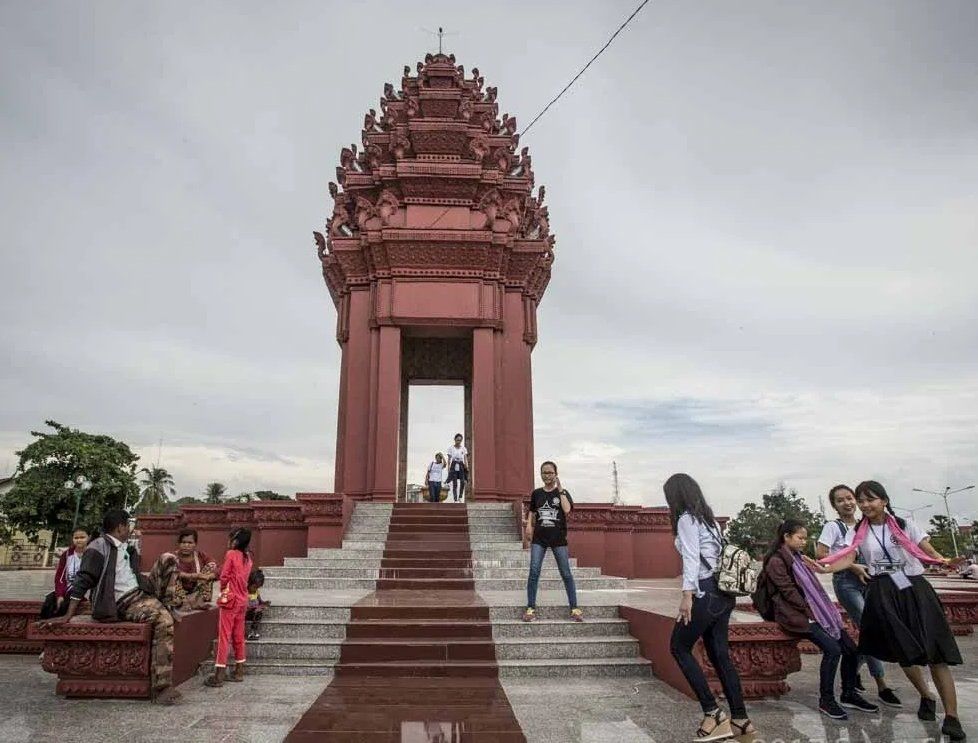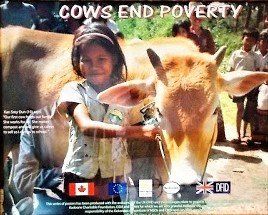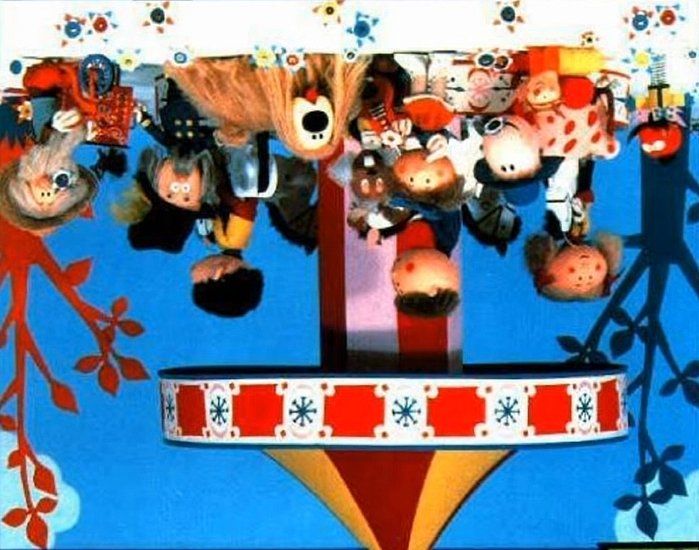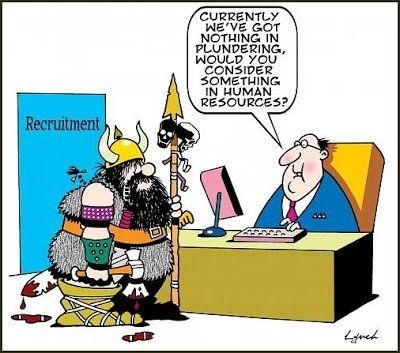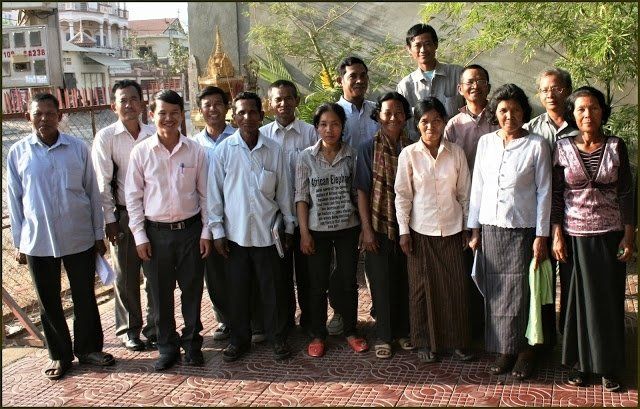Foreign Aid - Many a true word spoken in jest!
(Please see also this great little film
from Survival)
The Case for Better "Foreign Aid"
"Not the first nor the last to raise why so much in Foreign Aid goes wrong!"
Pointers On The Way
1988 Saint Helena Island: My first case of blatant misuse of Foreign Aid with the then ODA, precursor to UK's DfID, giving me the nickname "The Saint Helena Milkman".
2000-1 Phnom Penh: Cambodia: Although nominally an adviser, I became increasingly aware of laxness in the financial control of my NGO, and kept suggesting to the main donor - Asia Foundation/USAID - that it should take appropriate measures. It did not react until receiving a Christmas Day letter
alleging systematic fraud.
2002 Phnom Penh: Cambodia: I was asked by a representative of the EU, one of the largest Foreign Aid donors: "Why be an Island of Propriety in a Sea of Corruption?”
2003 Phnom Penh: Cambodia: I was told by a charity's accountant
"My job is to do creative accounting to cover the Chairman's expenses." I replied "There is no approved budget line to cover those...."
Ever since I have campaigned for fairer, more effective and honest Foreign Aid.
2005 Kampong Chhnang, Cambodia: My NGO's trainee reported to me that her cousin, a 15 year old girl with learning difficulties, had been raped by an employee in charge of her care at another NGO. He secured an extra-judicial settlement, as is common in Cambodia, "committing no crime". His NGO - a UK charity - decided to take no action against him, despite my protestations.
2008
Sisophon: Cambodia: I upset a fourth donor, AUSaid, when questioning its "independent evaluation"
of 10 NGOs, asking why no "Conflict of Interests"
was declared. Their "consultant" failed to mention that he was the founder of one of the NGOs and still on its Board. He praised it no less than 3 times in his Executive Summary.
2015 Takhmau, Cambodia: My most popular blog by far "Smarter Aid, not more Aid"
quite rightly adorns each page of this website. As on 26 September 2019 it has had 47,493
viewings.
2017 Sen Monorom, Mondulkiri: Cambodia: My last full-time professional job ended the exact same way as my first one in Cambodia. The most senior Cambodian in my NGO had taken money for private purposes that was intended to go to beneficiaries. Again top bosses in the NGO and the main donor decided to take no action against him, instead they simply cut all funding, hurting only the beneficiaries.
"A Lonely Place"
The Purloined Land-Cruiser
My
"Island of Propriety"
question was posed when I asked why a
discredited former NGO leader
should be allowed to keep a brand new EU donor-funded Double-Cab Land-Rover, never used for its intended purpose. The same question I posed to UK's DfID and Ireland Aid who'd funded the
Land-Cruiser
(pictured above) to convey disabled people to rehabilitation sessions. It too instead became the sole personal possession of the NGO Director. All three donors took no action in response to complaints of beneficiaries or myself. The EU did add however in later contracts
"assets must stay in the service of original beneficiaries".
I started the hashtag #DaftDonors
with explanations in my blog "Exasperating Donors".
Phnom Penh/Cambodia; Lilongwe/Malawi; Kigali/Rwanda; Ventiane/Laos; Hanoi or Saigon/Vietnam - every capital or major city in developing countries - you will find an exclusive elite group of expatriates. Most have the best of intentions; many work conscientiously, but not all. They enter a well-established society. It is only by living and working within its inner-circles that you see why and how things go wrong. If you are not "one of them" and play the same game, you may well find yourself in "a lonely place".
Every donor and NGO leadership expresses "zero tolerance" of fraud and malfeasance. Yet actual practice proves that ignoring or covering up issues is the norm because of concern about reputations and harm done to future fund-raising. I have not quite been alone in challenging this ethos. A like-minded colleague remarked that he "found himself in a very lonely place". The fact is "whistle-blowers" are treated with contempt in contrast to those who opt for a quiet life not overt "islands of propriety".
This colleague, who doesn't wish to be named, and others like Oliver B. May, have done much to promote fairer, more effective and honest or ethical foreign aid. As in my flagship blog, some major monitoring organisations like ODI
have joined in. This is encouraging but I do not think that there has been a seismic change in the culture of the "inner-circles" described above, i.e. those who can abuse power and can do so undetected. This culture will not change without deterrents like random unannounced independent inspections and empowering beneficiaries through full transparency of what benefits exactly they should receive.
Kampong Chhnang
Foreign Aid projects are often wriiten up in ways that do not reflect realities.
Financial matters tend to be given considerable attention in Foreign Aid largely due to tabloid press campaigns against it rather than an internal intrinsic desire to see money well spent. Financial impropriety, as I encountered and OXFAM
spectacularly learned to its great cost, is only a part of and a symptom of the greater problem. The greater problem is the abuse of power made easy by the inner circle's culture of privilege, and impunity, combined with the lack of supervision and inspection regimes.
More Reading + Some of my Blogs on Foreign Aid
Foreign Aid: Upside-Down; Inside-Out and Roundabout
Forieign Aid plans and projects only end with beneficiaries, not start with them or put them squarely at the centre.


